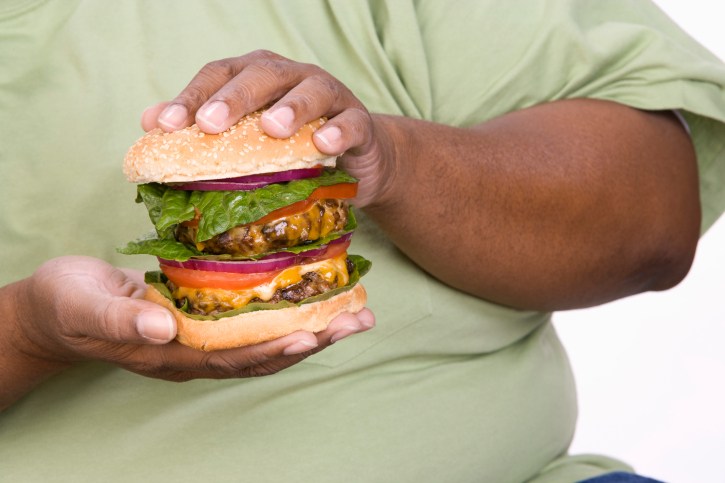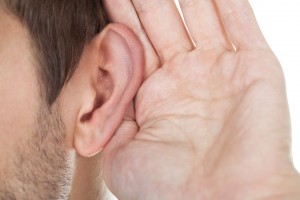7 Reasons You Might Not Be Losing Weight, Even Though Youre Running

Have you ever pushed yourself to start running longer and more frequently, thinking it would help you lose weight? As a running coach and a holistic health coach, I see this often.
There's a misconception that the more you run, the more fat you burn or weight you lose. But for most women, this is just not true. Many runners are struggling to drop the final five to 10 pounds, and those already at a healthy weight may even gain weight while training for distances.
Here are seven reasons why running doesn't necessarily help, and can sometimes impede, weight loss, particularly around the belly:
1. Running the same distance and the same paces can stall weight loss.
Our bodies prefer variety for weight loss and weight maintenance, either by slowing down (such as training at a lower heart rate) or by adding speed intervals.
2. Strength training is important. Don't skip it!
Strength training is crucial for boosting metabolism, toning, and balancing muscles for running and injury prevention. (Despite what the cover models of running magazines may have you believe, running does not create a toned upper body and strong core!)
3. Too much physical stress releases hormones that lead to fat storage.
Your body can’t tell the difference between running sprints for fun or running from a bear. As you add on miles in distance running or increase the frequency of speed workouts, your body may begin to feel stressed and increase cortisol (which leads to an increase storage of body fat, especially around the belly).
4. A diet high in sugar and processed carbohydrates won't lead to weight loss.
Runners are notorious for refueling with bagels and cupcakes. After all, there has to be some perks to all that training, right? But refined carbohydrates are converted to glycogen and the body stores what it doesn’t use as fat. Overdoing sweets can also lead to insulin resistance, sugar addiction, or sugar and yeast overgrowth in the gut.
5. A lack of sleep derails weight loss.
Skipping sleep affects hormones that help regulate our appetites. Exhaustion also causes us to crave quick energy (meaning, sugar and refined carbs).
6. Over-fueling for runs means more carbs!
Again, a high-carb diet makes weight loss difficult. In some cases, we teach our body to rely on sugar and to burn glycogen during training, rather than its preferred fuel (fat) by never giving it the chance to burn fat stores.
7. Undiagnosed food sensitivities can make weight loss more difficult.
Many times we crave the foods we are sensitive to and this can lead to inflammation and difficulty absorbing nutrients, which can cause more food cravings and overeating.
I’m surprised how many runners I work with who have symptoms of sugar overgrowth in their gut or insulin resistance.
If you love to run (as I do), there's no need to stop! However, it’s important to seek balance in fitness and food and to pay attention to any messages from your body so you can determine what works best for you.
Photo Credit: Shutterstock.com
-
Quality Protein Eat It And Lose Weight Fast
It provides an immediate satiety factor and because it keeps you full
-
You Can Find Success With Your Weight Loss Efforts
Your weight and your health do not necessarily go hand in hand.
-
Details On Weight Loss Diet
Have you decided hat youre not going to put with your overweight lifes
-
Does Hoodia Gordonii Have Any Negative Side Effects?
Hoodia Gordonii does have side effects but they are more beneficial th
-
Fast Weight Loss Can You Really Lose 60lbs In 30 Days
Fast Weight Loss - Is it better to lose 2lbs a day or 2lbs a week?Yes
-
Put down the swab if you want to protect your ears
Forget what you thought you knew about cleaning your ears! Rese
- DON'T MISS
- Simple Ideas For Healthy Weight Loss
- Lose Weight With The Semolina Diet
- Amazing PH Miracle Diet!
- Why Dont Our Bodies Want To Lose Fat?
- A Weight Loss Cure That is Guaranteed to Work for Everyone
- Fastest Way To Lose Weight Observations 8
- Could Sitting Down Too Much Kill You?
- Tea benefits: weight loss, improved bone health and mood
- How You Know You Need To Lose Weight
- Special K Mixes Up Weight Management With New Special K20 Protein Water




